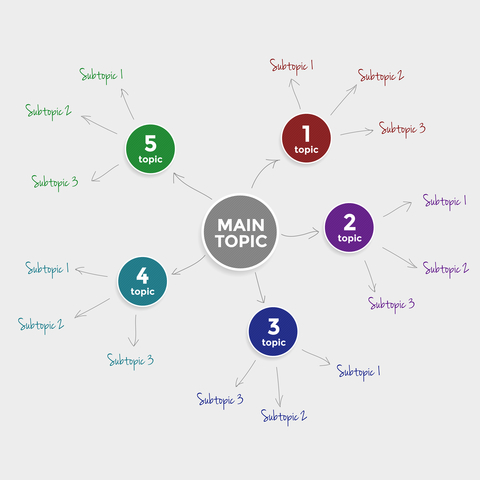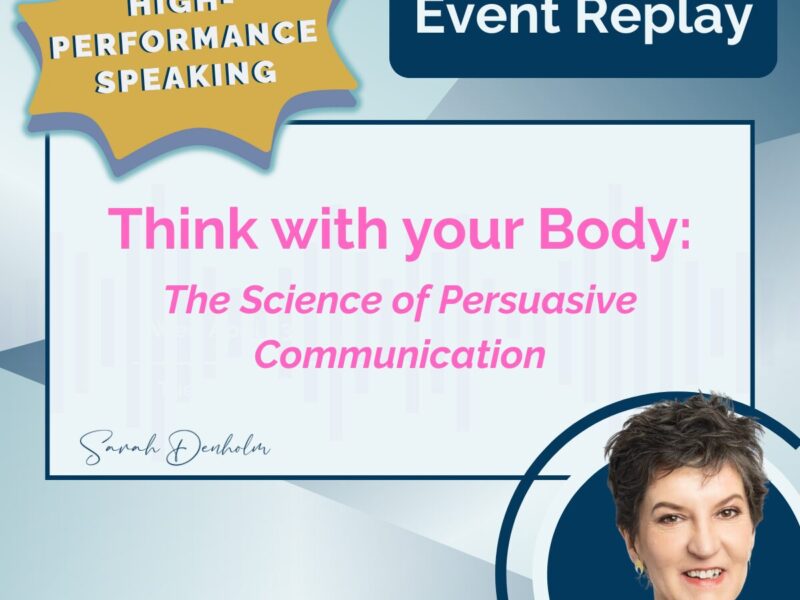[Updated 2020] A client asked me recently about any tip to stop self-doubts; those fearful, negative thoughts which kick in like clockwork in the hours before she has to present. You may know how she feels: it’s so unhelpful, isn’t it? And yes, it’s how our brains work when we feel threatened by something, and don’t feel that we have the resources to cope.
And while there are a few different ways to tackle this issue, there’s a practical strategy – which I’ll share in a moment – which I’ve been using successfully with my speaking clients. I’ve also used it myself for years, before giving a keynote talk or playing in a high-pressure concert.
It’s what I call a Prior Competence Map.
And there’s some interesting research on this idea in a book on brain science, Choke. Sian Beilock, the author, explains why this technique works. It’s helpful because:
…thinking about yourself from multiple perspectives before you go up to speak means that you’re less likely to panic and stuff up.
Beilock is a cognitive science and performance expert at the University of Chicago. She’s done tests which show that if you think about different aspects of yourself which you feel are “conducive to success” in the minutes or hours before you speak or perform, it relieves some of the pressure, and stops the downwards spiral of self-doubt and negative thoughts.
Here’s an example from the book (p166):
“when a female college student is asked to describe several different facets of herself – to give a complete description of herself as a woman, athlete, friend, family member, artist, and actor – she is less likely to screw up on a high-stakes math test than if she weren’t asked to think about all her complexities”.
So giving a complete description of yourself as e.g. a friend, spouse, business person, cyclist, knitter, volunteer – whatever you can find that you feel competent at – seems to give you a buffer against negativity. It makes sense really.
The strategy works by highlighting that you’re not defined by one dimension – your prowess (or perceived lack of) in public speaking – and stops negative thoughts from taking hold.
So why not give it a go the next time you have to speak to a group? Try creating a mindmap.
Action step
Spend 5 minutes in the few days before giving a talk or speaking up in a meeting, drawing a diagram (a mindmap is good, click here for examples of types of mindmaps which you could modify) of every facet of your life which you feel good about. Maybe you’ve built a close relationship with your child, or are great at chess; or you put your elderly neighbour’s bin out each week for them. Whatever builds you up. Then keep it nearby to look at whenever you need a lift.
Using online mind-mapping software bubbles or branches is a great visual reminder which helps you to recall it easily before an event. As you probably have enough going on in your mind, the easier the ‘map’ is to access, the better and more effective it will be for you.
Of course this tip to stop self-doubts only works if you have – if you’re realistically prepared. No amount of perspective-shifting can save you from the sinking feeling that comes with knowing you haven’t done enough practice/don’t know your topic well enough.





